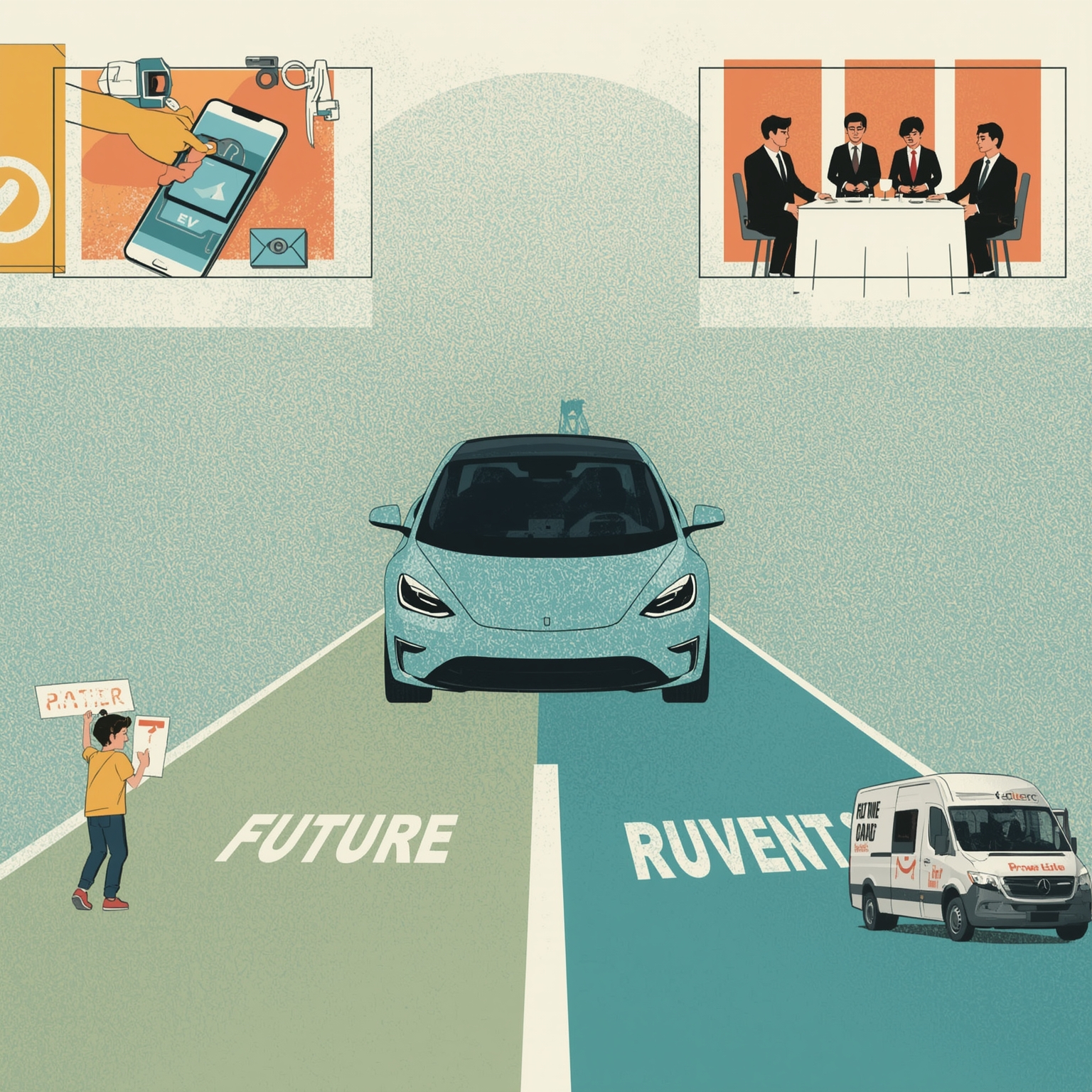The perennial question confronting the automotive and technology industries—whether society is genuinely ready to make the complete transition to electric vehicles—has once again moved to the forefront of public discourse. Advocates of EV adoption point to undeniable progress in battery performance, charging infrastructure, and environmental imperatives, while skeptics continue to raise concerns about affordability, accessibility in rural communities, and the long-term sustainability of current supply chains. This tension gives rise to a compelling debate: should governments, businesses, and consumers commit fully to the electrified road ahead, or is prudence warranted until existing obstacles are thoughtfully addressed?
At the same time, the wider technology sector is brimming with additional developments that highlight both innovation and controversy. One particularly thought-provoking experiment explores offering tangible rewards to children in exchange for voluntarily reducing their reliance on mobile screens. This incentive-based initiative underscores the growing recognition that excessive screen time can have detrimental consequences for attention, social development, and overall well-being, and it raises fascinating questions about how technology can paradoxically be used as both the problem and the solution.
Meanwhile, in the realm of political engagement with the private sector, former President Donald Trump convened a high-profile dinner with some of the most influential technology CEOs. Such encounters are significant not merely as social gatherings but as symbolic moments of dialogue between political power and industrial leadership, where the future of regulation, investment, and innovation may be subtly shaped through conversation and negotiation.
Adding further complexity to the week’s news, Amazon’s network of delivery partners is once again the subject of scrutiny and contention. Reports of disputes and controversies reflect the ongoing struggles faced by logistics contractors, who often operate under immense pressure to balance cost efficiency with worker safety and fair practice. These stories exemplify broader tensions that arise in modern supply chains, where efficiency and speed are relentlessly pursued, sometimes at the expense of trust and equity.
Taken together, these narratives—ranging from electric vehicle adoption and children’s digital habits to political dinners and the intricacies of e-commerce logistics—paint a vivid portrait of an industry landscape in which innovation consistently collides with resistance, and transformation exists side by side with deep uncertainty. The overarching theme is impossible to miss: technology does not merely advance in isolation, but is instead interwoven with profound social, economic, and political considerations that demand equally innovative approaches to leadership, policymaking, and cultural adaptation.
Sourse: https://www.wsj.com/tech/to-ev-or-not-to-ev-015b80ce?mod=rss_Technology



